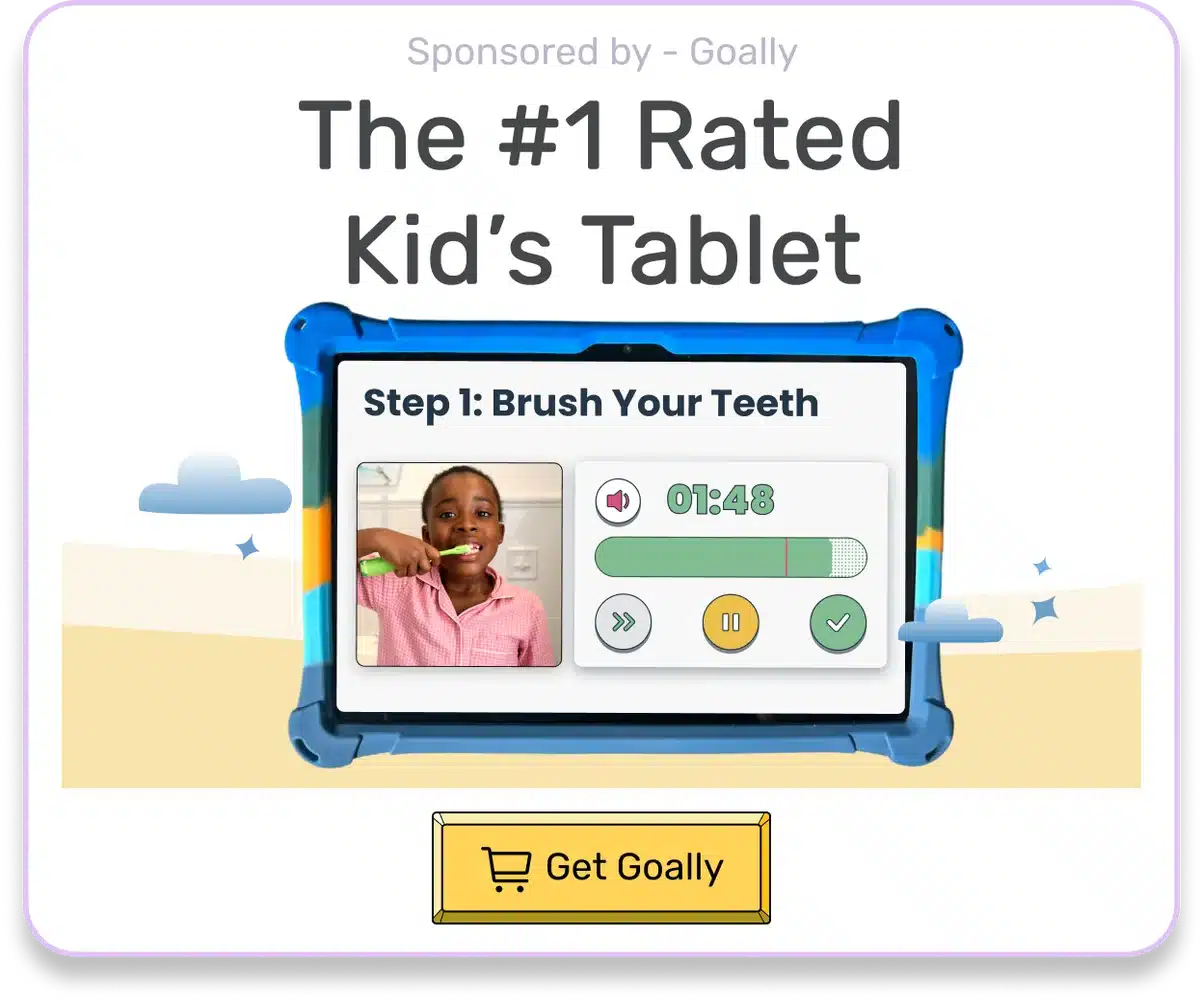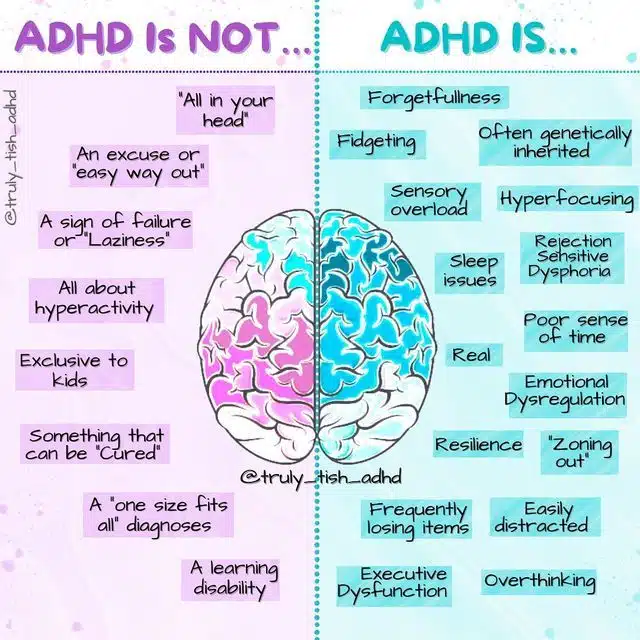As a caregiver or parent of a young child, you’re always on the lookout for their well-being. You’ve probably heard about ADHD, but how can you spot the signs of ADHD in first graders? The symptoms of ADHD, such as inability to pay attention, difficulty sitting still, and difficulty controlling impulses. It’s essential to recognize these early indicators to provide the right support and resources for your neurodivergent kids. In this listicle, we’ll uncover five key signs that may indicate ADHD in first graders, helping you better understand your child’s unique needs and pave the way for their success.
Table of Contents
1. Inattention: The Struggle to Stay Focused
One of the most common signs of ADHD in first graders is inattention. Kids with ADHD may have difficulty staying focused on tasks, especially those that require sustained mental effort. They might be easily distracted by things or their own thoughts, making it challenging to complete assignments or follow instructions.
- Forgetfulness in daily activities
- Difficulty organizing tasks and belongings
- Often losing essential items like pencils or books
Goally can be a valuable tool for helping kids with ADHD improve their focus and organization skills.
Goally | The Safest Tablet for Kids

2. Hyperactivity: The Boundless Energy
Hyperactivity is another telltale sign of ADHD in young children. First graders with ADHD may seem to have an endless supply of energy, making it difficult for them to sit still or remain quiet when necessary. This can manifest in many ways, such as:
- Fidgeting or squirming in their seat
- Excessive talking or interrupting others
- Difficulty engaging in quiet activities

Read more: Symptoms of ADHD in Children | Boys
3. Impulsivity: Acting Before Thinking
Impulsivity is a key characteristic of ADHD that can create challenges for first graders. Kids with ADHD may struggle with self-control, leading them to act without considering the consequences. This can result in:
- Interrupting conversations or blurting out answers
- Difficulty waiting their turn in games or group activities
- Engaging in potentially risky behaviors without thinking
4. Emotional Regulation: The Rollercoaster of Feelings
First graders with ADHD may experience difficulty regulating their emotions. They might have intense emotional reactions to situations, making it hard for them to cope with frustration, disappointment, or excitement. Some signs of emotional dysregulation include:
- Frequent mood swings or outbursts
- Difficulty calming down after becoming upset
- Struggling to adjust to changes in routine or expectations

Read more: How Do People With ADHD Think?
Goally’s learning tablet can provide support for kids with ADHD by offering tools to help manage emotions and build coping skills.
5. Social Challenges: Navigating the Playground
Kids with ADHD may face social challenges due to their inattention, hyperactivity, and impulsivity. First graders with ADHD might struggle to make friends or maintain positive relationships with their peers. This can lead to feelings of isolation or low self-esteem. Some social challenges to watch for include:
- Difficulty following social cues or understanding personal boundaries
- Struggling to share or cooperate in group activities
- Being perceived as disruptive or intrusive by peers
Goally | Apps To Support Child Development
Looking for fun ways to help your child learn life skills? Try Goally! The Goally tablet comes with award-winning learning apps and video classes to help kids develop the skills they need to become independent with FUN & evidence-based practices.

Our apps teach executive function, language, emotional regulation, finger dexterity skills, and more.
As your child develops new skills, you can increase the difficulty level of the tasks in the app to challenge and motivate them even further. This helps your child grow and progress at their own pace, while also keeping them engaged and excited about their development.

Empowering Your Child: Understanding ADHD in First Graders
Recognizing the signs of ADHD in first graders is a crucial step in supporting your child’s growth and development. By understanding these key indicators, you can better advocate for your child’s needs and provide them with the necessary resources to thrive. Remember, every child is unique, and ADHD may present differently in each individual. If you suspect your child may have ADHD, consult with a healthcare professional for guidance and support. Together, you can create a nurturing environment that empowers your neurodivergent child to reach their full potential.
FAQ’s About Signs of ADHD in First Graders
What are common signs of ADHD in first graders?
Common signs of ADHD in first graders include difficulty paying attention, impulsivity, hyperactivity, trouble following instructions, and challenges with organization and task completion. However, it's important to note that many of these behaviors can be typical for young children, and a professional evaluation is necessary for an accurate diagnosis.
How can I tell if my first grader's behavior is due to ADHD or just normal childhood development?
While some behaviors associated with ADHD are common in young children, those with ADHD tend to exhibit these symptoms more frequently, intensely, and in multiple settings (such as at home and school). If you have concerns about your child's behavior, it's best to consult with a pediatrician or mental health professional for an evaluation.
What should I do if I suspect my first grader has ADHD?
If you suspect your first grader has ADHD, the first step is to talk to your child's pediatrician or a mental health professional who specializes in child development. They can provide an assessment and, if necessary, develop an appropriate treatment plan.
Can ADHD be diagnosed in first grade, or is it too early?
ADHD can be diagnosed in children as young as 4 years old, including those in first grade, if symptoms are persistent, disruptive, and interfere with daily functioning. However, a comprehensive evaluation by a qualified professional is essential to rule out other potential causes and ensure an accurate diagnosis.
How can I support my first grader with ADHD at home and school?
To support your first grader with ADHD, establish clear routines and expectations, break tasks into smaller steps, use positive reinforcement, and maintain open communication with their teacher. Collaborating with school staff to implement accommodations and interventions can help create a supportive learning environment.
This post was originally published on 04/28/2023. It was updated on 05/02/2024.
Emily is a seasoned blog writer for Goally, leveraging her extensive background in child psychology and special education to provide valuable insights and resources for parents. Her commitment to understanding and addressing the unique needs of these children, combined with her expertise in educational strategies, makes her a credible and empathetic voice for families.






